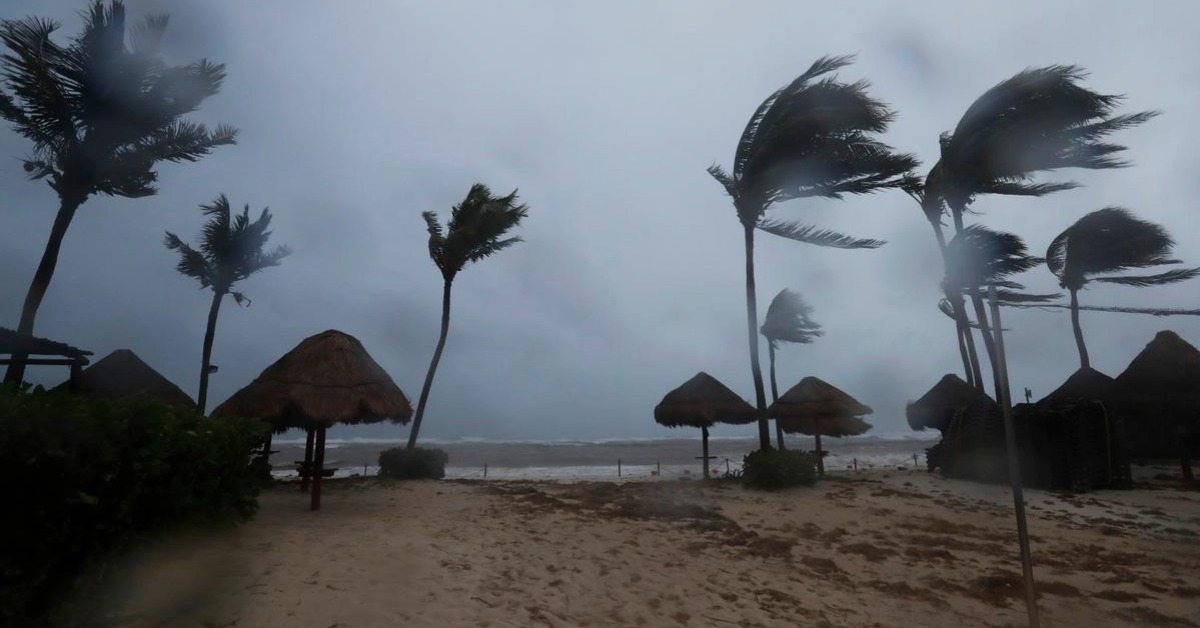Puerto Vallarta, Mexico - A sweeping overhaul of Mexico’s Federal Telecommunications and Broadcasting Law is moving through Congress with language that would force more than a dozen foreign news and entertainment networks — from Fox News to Deutsche Welle — off Mexican airwaves and streaming menus for being classified as foreign propaganda.
Articles 109 and 210 of the bill prohibit any free-to-air, pay-TV or digital platform operating in Mexico from carrying “political, ideological or commercial propaganda from governments or foreign entities.” Broadcasters or streamers that ignore the rule would face fines of up to 5 per . . .






